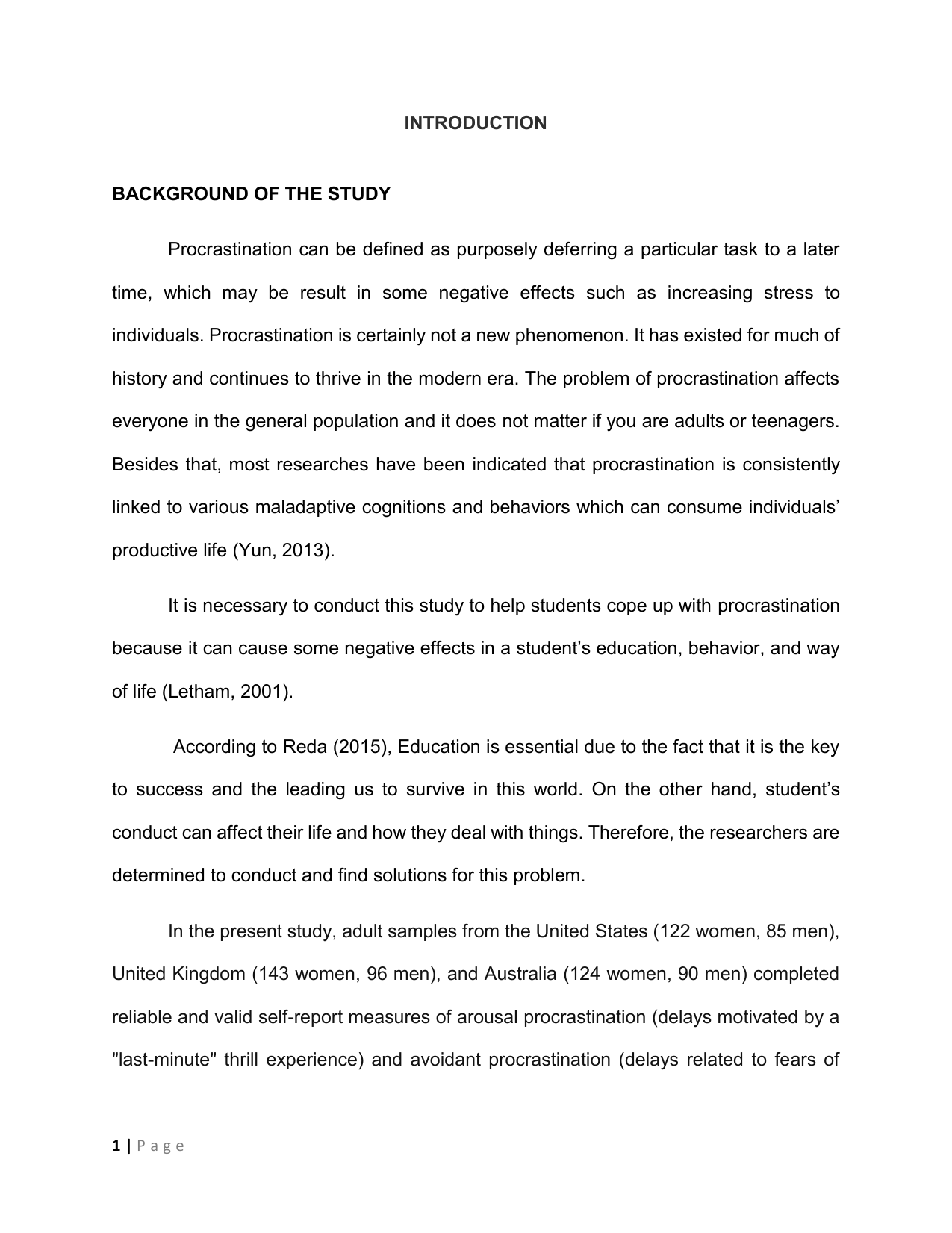Understanding the Cognitive Basis of Procrastination, Emotional Dependency, and Impostor Syndrome
Understanding the Cognitive Basis of Procrastination, Emotional Dependency, and Impostor Syndrome
Blog Article
Why do some individuals struggle with emotional dependency or impostor syndrome? Psychological research provides valuable explanations into these behaviors, helping us understand their roots and possible solutions.
In this article, we will examine the psychological mechanisms behind procrastination, emotional dependency, and impostor syndrome. By understanding the science behind these challenges, you can start to address them effectively.
The Neuroscience of Procrastination
Procrastination is not just laziness; it’s a complex psychological phenomenon. Studies in neuroscience show that conflict between brain regions often leads to procrastination.

The limbic system, which governs emotions and immediate gratification, tends to override the prefrontal cortex. This results in prioritizing short-term comfort over long-term goals. Cognitive behavioral therapy (CBT) can help rewire these patterns.
What is Emotional Dependency?
Emotional dependency has its roots in psychological attachment. Studies suggest that early relationships with caregivers play a significant role in shaping dependency behaviors.
For example, people with insecure attachment styles may develop excessive reliance on others. To overcome emotional dependency involves addressing these attachment wounds through therapeutic interventions.
What is Impostor Syndrome?
Impostor syndrome stems from biased mental patterns, such as unrealistic self-expectations. Studies in cognitive science indicate that individuals with impostor syndrome exhibit thought patterns that undermine their confidence.

The constant fear of inadequacy and difficulty in accepting success. Strategies like cognitive reframing and adopting self-compassion practices have proven effective.
How to Overcome These Challenges Using Research-Based Strategies
Gaining a scientific perspective is the first step, but actionable strategies are necessary to create change. Here are key research-supported techniques:
- Procrastination: Use implementation intentions—specific plans that link a goal to a cue, such as “If it’s 9 AM, I will start writing my report.”
- Emotional Dependency: Practice procastinação self-differentiation, a technique where you focus on identifying your own needs separate from others’ expectations.
- Impostor Syndrome: o que procrastinação Keep a success journal to document your accomplishments and review them regularly to challenge distorted self-perceptions.
These approaches are supported by empirical studies, making them reliable tools for personal development.
Why Understanding the Science Matters
These challenges are not insurmountable when you understand their scientific underpinnings. With evidence-based tools and self-awareness, you can overcome these barriers.
Awareness is the key to growth. Take the first step today by applying these strategies to build resilience and confidence.
Report this page